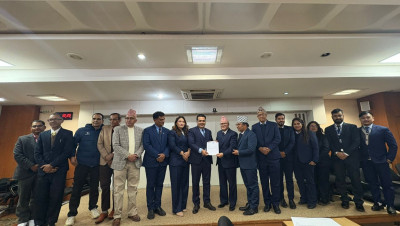Building a Brighter Future: Teaching Children to Manage Money Early
-1757927659.jpg)
At Shree Satkanya Basic School in Bagmati Rural Municipality-03, children are learning more than just counting; they are learning to save, spend wisely, and plan for the future using tokens. This comes through the Financial Stimulation Model (FSM), run in partnership with Books for Change- Switzerland, and Social Lab Nepal, which brings hands-on financial literacy to rural students from an early age.
Financial literacy; the ability to understand and manage money; is a key tool in reducing poverty and building economic stability. Children who learn to make informed choices about earning, saving, borrowing, and spending are better prepared for the future. Studies show early financial education reduces financial stress, promotes responsible habits, and strengthens resilience, particularly among vulnerable populations.
In Nepal, younger generations (18–30) tend to have higher financial knowledge, but many still lack practical money-management skills, highlighting the urgent need for early, age-appropriate learning.
FSM focuses on three dimensions: knowledge, behavior, and attitude. Its main components provide children with a safe space to practice financial decision-making:
Behavior Chart: Students earn points for homework, participation, and discipline, building positive habits and self-discipline.
Market Place: Once a month, students use tokens to “buy” items like stationery or games, learning the value of money and transaction basics.
Token Bank: Students save or borrow tokens in a simulated bank with monthly interest, learning the benefits of saving, planning, and thoughtful financial choices.
Through FSM, children gain knowledge, develop responsible attitudes, and build practical skills that empower them to manage resources wisely and think ahead. One student shared that saving tokens now helps her plan for items she will need in higher grades; a small but powerful lesson in planning and patience.
Programs like FSM show that teaching children about money early can help families break the cycle of poverty, foster financial resilience, and strengthen communities. By integrating experiential learning into schools, Nepal can nurture financially capable citizens and create a foundation for a more prosperous future.
For More Info: www.sociallab.com.np
By Namgyal Ghale
(Ghale, Currently serving as Project Lead at Social Lab Nepal)

Helicopter from Jumla lands in Salyan due to bad weather
January 30, 2026
Mahabir Pun's Appeal to Voters: Do Not Sell Your Vote for Money
January 30, 2026
Helicopter from Jumla lands in Salyan due to bad weather
January 30, 2026-1769761552.jpeg)
NRNA Must Rise Above Personal Interests: Foreign Secretary Rai
January 30, 2026-1769761552.jpeg)


-1769770966.jpeg)

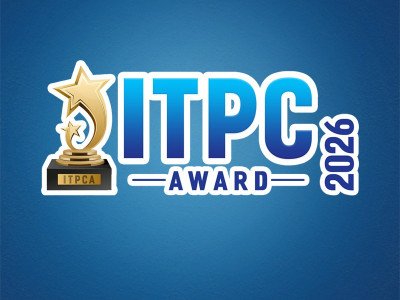
-1769319009.jpg)
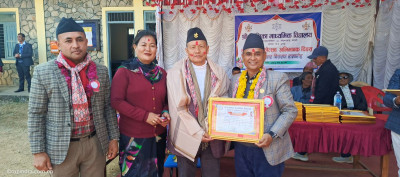
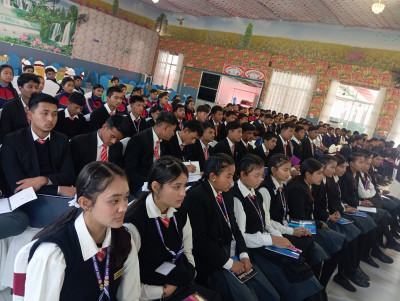
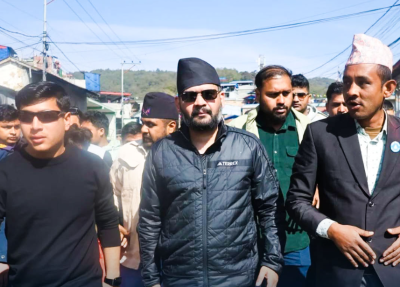
-1769760538.jpg)
